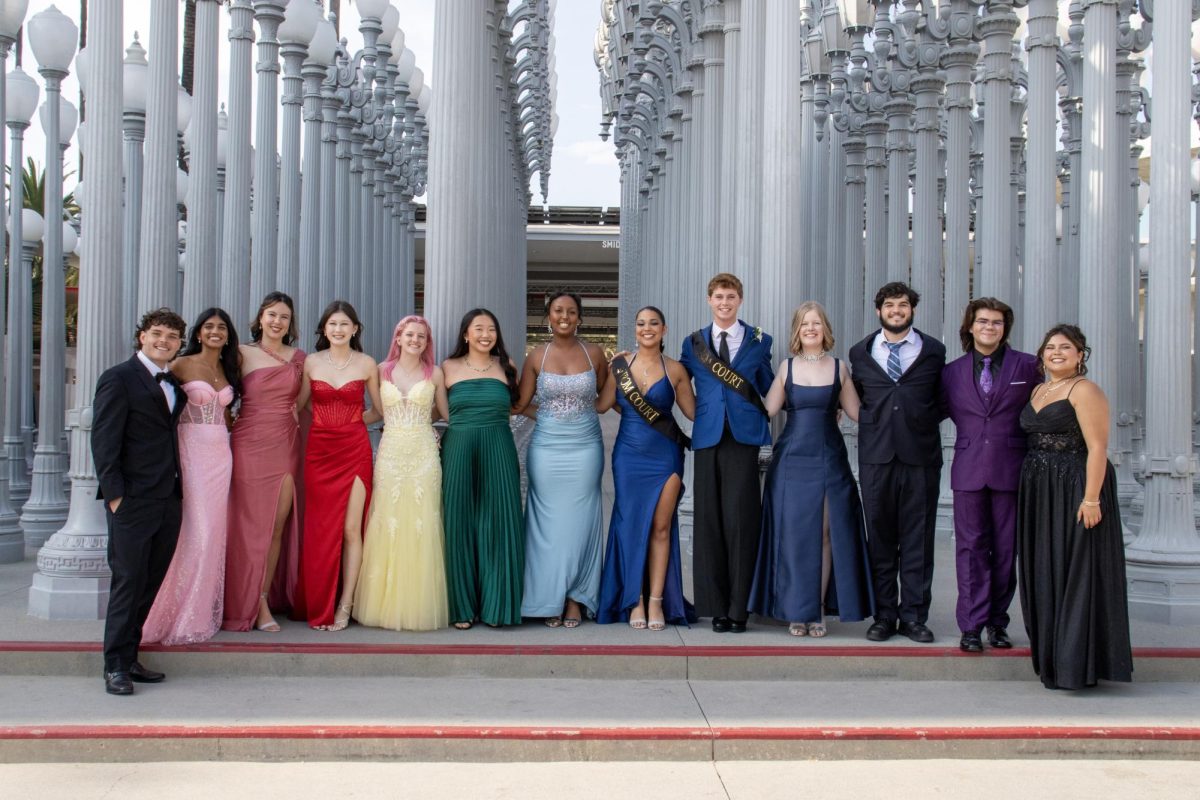Devin Nunes Sues Twitter Over Tweets
March 22, 2019
On March 18th, Representative Devin Nunes filed a lawsuit against Twitter and three Twitter users, claiming defamation and seeking $250 million in compensatory damages and $350,000 in punitive damages.
Nunes’s complaint accused Twitter of “shadow-banning conservatives”―hiding and censoring their posts, in addition to defamation, conspiracy, and negligence. The complaint describes the Tweets against Nunes as a “campaign of stunning breadth and scope, one that no human being should ever have to bear and suffer in their whole life.”
In regards to Twitter’s censoring, Isabella Pelliciari (9) shares the same views as many other Twitter users, commenting, “I believe that people should be able to voice their opinions, but if it is being directly hateful or verbally abusive, then Twitter should take action.”
The complaint also named specific accounts that allegedly defamed Nunes. Liz Mair, as well as the accounts @DevinNunesMom and @DevinCow were named as falsely accusing Nunes of criminal activity. According to Nunes’s lawyers, Mair’s tweets implied that Nunes does cocaine and was involved in money laundering. The complaint also alleges that the account @DevinNunesMom accused Nunes of racism, treason, and “[turning] out worse than Jacob Wohl,” among other accusations. @DevinCow is said to have called Nunes a “treasonous cowpoke” and an “udder-ly worthless” criminal.
Nune’s complaint accused the platform of intentionally working against him. In particular, Nunes referred to his work on the House Intelligence Committee as a chairman, looking into government surveillance abuse. Nunes, a Republican from California, is still a part of the Committee but no longer chairman. The lawsuit alleges that Twitter was actively working against his work in the Committee.
His lawsuit claims that Twitter has an active role in censoring, and therefore should have liability. However, generally speaking, experts say that platforms like Twitter are protected from liability based on what users publish. In order to prove that Twitter has a role in defamation, Nunes, as a public figure, has to establish that Twitter and the other defendants acted with malicious intent instead of bare negligence.
One Twitter user, Astrid Fontanill (9), said about the case, “I don’t think he [Nunes] would win because the first amendment protects these tweets.”
Devin Nunes’s lawsuit raises questions about censorship, the responsibility of social media platforms, and internet freedom of speech. The case’s outcome may determine a lot more than whether a few accounts get shut down.




